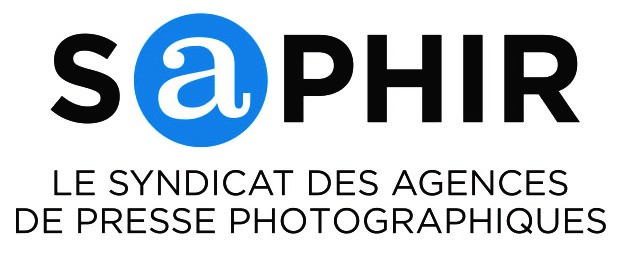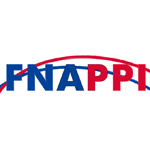The IPTC has marked it’s 50th birthday with a seminar in London called ‘News at a Crossroads – Navigating a Changing Landscape’. The afternoon seminar gave us a high speed ride through changes in the news industry now and in the future. If you think Twitter attention span is short, what about delivering news on the iWatch, where there is a mere 4 seconds to get the message across? Bite sized chunks of data are being bitten into ever tinier pieces, and there are big questions about who produces and delivers news in the new media age.
Keeping users on the page is the mantra for online news services– making the news immersive and interactive and measuring success by ‘quality clicks.’ News content, according to one speaker, is not an end in itself, but the beginning of a conversation. Media is flexible, with active news streaming in all directions during play at football matches with live blogging, Periscoping (video streaming) and instant radio. Users are now journalists, and journalists can measure the reaction to their news coverage on big screens in front of them as they work in the newsroom.
People want to be part of a community, not just passive consumers of words on a page, but does that mean a dumbing down of news to suit the consumer? Does it make the news arena just a glorified gossip shop? Not according to a freelance journalist who has worked for Al Jazeera and other news organisations. She maintained that the news ‘product’ is only as good as the underlying journalism.
Social media comment is now part of the news media process, keeping people involved in the conversation. It has its down side too, with a lot of hostility to manage. There is debate about whether publishers should engage in this below the line comment, and whether human mediation is needed.
The public is participating in the process of news gathering, but the consensus was that the professional eye is still needed to package and curate the information so it can be presented in a meaningful way. News information is everywhere but, as with images, someone has to select what’s most meaningful to the potential reader. One speaker looked at the future of news agencies, concluding that the risk of ‘uberisation’ meant they had to re-invent or die, with a new definition of quality, and new ways of packaging content.
Users no longer care so much about the source of news, which is increasingly distributed as a by-product of brand promotion. Big companies are muscling in, with Apple, Google and Facebook battling it out as news platforms. Getting revenues back to the originators of content is an issue when the platforms are not controlled by publishers. The companies who have the all important ‘relationship’ with users are the platforms, and it will be a challenge to find ways to benefit news producers. One of the challenges for IPTC will be standards around customer ID. It’s the personalized relationship that counts. Customised content and notifications are the way it’s going, and brand value is the goal.
So as in the picture industry, the news industry is challenged with new ways of packaging content and the need to retain a portion of the revenue, by direct sales (behind a paywall) or by sharing in the indirect benefits from customer relationships. One speaker pointed out that IPTC has not only been a custodian of technical standards but has also been at the forefront of ethical discussions as a supporter of a free press. There’s work to be done in this new environment and the IPTC will continue to play an important role.








